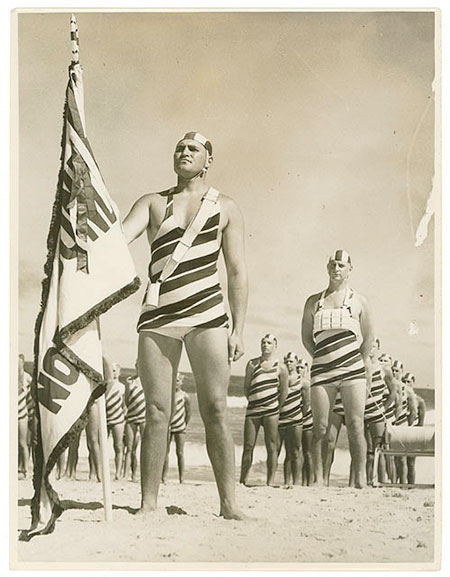It is interesting to follow the current polarisation in society around moral issues. During political campaigns, moral issues are often revived as leverage for garnering votes. Gay marriage seems to come up lately as a wedge to define who is really “Christian.” It’s quite a spectacle.
When I train students in legal and ethical issues, I first talk about morals so people don’t get confused about where they’re overstepping the mark. It is none of our business what other people think or believe. But in terms of practice, particularly public practice inasmuch as it affects others, there are, shall I say… shades of grey.
Let’s get ethics out of the way first. These are the standards of practice agreed upon by professional groups. For my students of counseling, they are not permitted to have a sexual relationship with their clients. Clients are often emotionally vulnerable, and this is considered an abuse of the therapist’s position of power. Clear, accepted, and — for the most part — adhered to by all.

Morals, on the other hand, are the standards of the individual using an internal locus of judgement. The ability to make independent judgment is important. It is a sign we are grown up and thinking for ourselves. That’s what we look for in our leaders. And by the way, “right judgment” is one of the eightfold steps of the Buddha. Gay marriage is OK by me. I don’t care if it’s not OK with others. I don’t even care if it is illegal — it’s OK with me and I don’t mind being known to be pro-gay-marriage.
Yet herein lies the rub — what is moral for some is not so for others. While it is our place to make judgments of right and wrong for ourselves, it is not for us to judge others in the same way. There is a mechanism for that called the law. Laws are derived from our collective values and touted by our elected representatives (for better or worse). We are all obliged to adhere to our laws because these are the agreed-upon standards of society so that everyone can assume a certain degree of safety. I am free to choose to speed or not wear a seatbelt, but when I get caught I know there are consequences.
Morals arise from our values. They are personal, having to do with the people and environment in which we were raised and the experiences that shaped our growing up. As adults, our morals are still shifting and changing. Perhaps we encounter more and more gay people and realise that they aren’t “bad” people — or not by virtue of their sexual orientation, anyway. When our values become rigid and closed to self-reflection, then, I would argue, the real harm begins. We no longer see the people behind the actions. We equate gay with bad. We then become the judgment we pass on others — we are the one with a stunted moral development. Abraham Maslow cited open-mindedness as one of the key characteristics of the self-actualized individual.
In addition to the morals of an individual changing over time, so do the collective values of society. When I was young, it was a shocking disgrace to become pregnant outside of marriage. The Magdalene laundries really existed. Now it’s not so. People can have a child without a partner and continue to flourish in life. Condemning single girls to a life of abuse because of bearing a child was always cruel, yet at one time our views on this were formed by others — the church, the patriarch of the family, the cruel aunt. Now more and more of us will form our own view of what’s right.
Laws, therefore, evolve when a critical mass of people begins to think differently about a particular issue. Actually, these people are more likely to think in principles. For example, the right to “self-determination” is an egalitarian principle that stands behind the “pro-choice” movement, the many “liberation” movements, and the “right” to love a same-gender person. In this evolution of our social mores, not everyone travels at the same pace. What we see in politics is that opposition parties will try to capitalize on those views that have not yet shifted in order to cultivate discontent. With time, there is increasing acceptance of what once seemed radical ways of being.
And so in living we exemplify Carl Jung’s concept of individuation — the inexorable shift in humankind away from “tribal” thinking toward a more individualised consciousness. Through the life of an individual and through the passage of human time, we are less swayed by the views of others, even when those views go against our own. The criticism of this “high-minded” way of being is precisely in its individualism. And yet that is a short-sighted lament. Those who are most highly developed, having attained a degree of morality that can only result from personal development (different from obedience), are not the Wall Street corporates who manipulate and hoard their wealth to the detriment of others. The self-actualized individual will be growing in humanitarianism, another of Maslow’s traits. Witness the enlightened ones among us — the sages and mystics, the saints. They are helpers of humankind. But invariably, they haven’t been followers of the pack.
So watch out for the ones who try to tell you what’s moral and what’s not. They’re trying to keep you in an infantile state. They wreak havoc on the hearts of good people. They need to grow up themselves.
I’ll leave you with the words of a great American.
“We despise all reverences and all the objects of reverence which are outside the pale of our own list of sacred things. And yet, with strange inconsistency, we are shocked when other people despise and defile the things which are holy to us.”
— Mark Twain, Following the Equator
Be well.
Read about one-to-one counselling with Garry